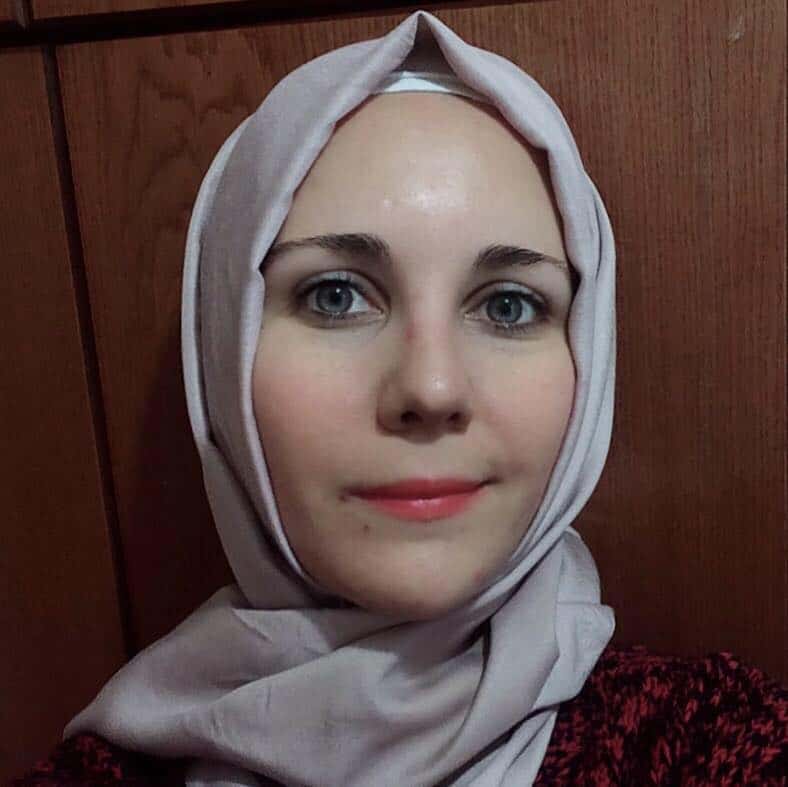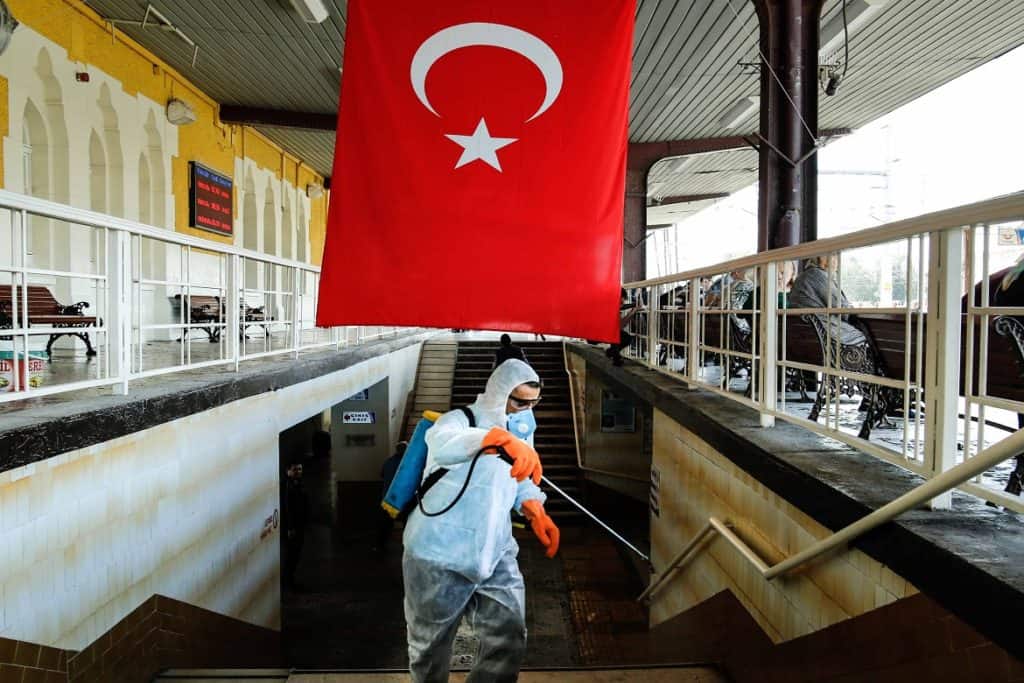By Begum Burak
Coronavirus is continuing to spread all over the world, with nearly three million confirmed cases in 185 countries. At least 200,000 people have died so far. The COVID-19 virus was first detected in the city of Wuhan, China in late 2019. It spread almost all over the world in a very short period of time.

The Coronavirus crisis has affected Italy, France, United Kingdom, and Spain as the worst hit countries in Europe. In line with that, the US has also the largest number of cases and the death toll with more than 50.000 fatalities.
Amid this tragic scene, Turkey is continuing to give a good account of herself. In Turkey the first Coronavirus case was announced by the Ministry of Health on March 10, 2020. The first virus-related death occurred on March 15, 2020. Since the day, the first Coronavirus case was announced by Minister of Health Fahrettin Koca, the official announcements have been regularly made every day to inform the citizens. In addition, short motivating and informative films and audio records about Coronavirus have been broadcasted on both public and private TV channels and radio stations.
It is known that one of the main pillars of a social welfare state system is to ensure the economic and social well-being of its citizens. During Coronavirus days, Turkey’s postal system has begun distributing medical face masks to citizens free of charge, following the government’s decision to mandate the wearing of face masks in public places. In addition to that, the citizens who have not delivered the masks are able to get their masks for free with the code sent by Ministry of Health to their mobile phones.
Another good example for social welfare state policy is the establishment of Vefa Social Support Groups. Not only Turkish police handed out bread to people confined due to curfew as a measure to fight the coronavirus but also Vefa Social Support Group members were on duty to distribute bread. The group was set up by the Interior Ministry to help citizens over 65 and those in need, particularly those who live alone or with chronic ailments.
Turkey had ranked seventh worldwide with more than 100,000 total confirmed cases, now the number of new infections is decreasing. On Sunday, it was recorded the lowest number of new cases in Turkey in the past 20 days. Turkey has managed to keep the Coronavirus at bay while Turkey’s neighboring countries like Iran have reported confirmed cases every day.
As a step to fight Coronavirus, a new hospital The Basaksehir City Hospital with a 2,682 bed capacity has been newly opened for public service. The City Hospital is located on 789,000 square meters, with an 8,134-car capacity park area. The construction of a pandemic hospital has been started as well. Besides that, Turkey’s domestically produced ventilators which could be produced as many as 5,000 before the end of May demonstrates Turkish government’s self sufficiency in handling the Coronavirus crisis.
On the other hand, Turkey’s soft power has proved to be quite functioning in Coronavirus crisis. Soft power involves shaping the preferences of other actors through appeal and soft power includes culture, political values, and foreign policy measures.
It can be said that Turkey’s bringing back its citizens from all over the world can be seen as a good example of soft power. By April 24, Turkey returned more than 3,800 citizens from several countries as part of its repatriation operation. The Turkish citizens who were brought by special planes were examined by doctors and then sent to various dormitories in different provinces for quarantine.
Amid Coronavirus crisis, Turkey sent aid to several countries. Turkish Red Crescent sent aid to Georgia to support the country’s fight against Coronavirus. It sent supplies like protective equipment and sanitizer to nearly 30 countries such as Spain, Italy and the UK along with Balkan countries. In the previous day, Turkey brought home a Turkish family from Sweden diagnosed with Coronavirus but not given treatment. After the patient’s daughter had contacted Minter of Health Fahrettin Koca via social media, Turkey’s Embassy in Stockholm and the Presidency for Turks Abroad and Related Communities contacted the family and an ambulance plane was sent to Sweden.
This step that Turkey took after rapid official contact made with Swedish authorities can be seen as a successful social state policy and soft power practice in a crystal clear way.
(The opinions expressed in this article are solely those of the author and do not necessarily reflect the views of World Geostrategic Insights).
Image Credit: IHA Photo/Source DailySabah







